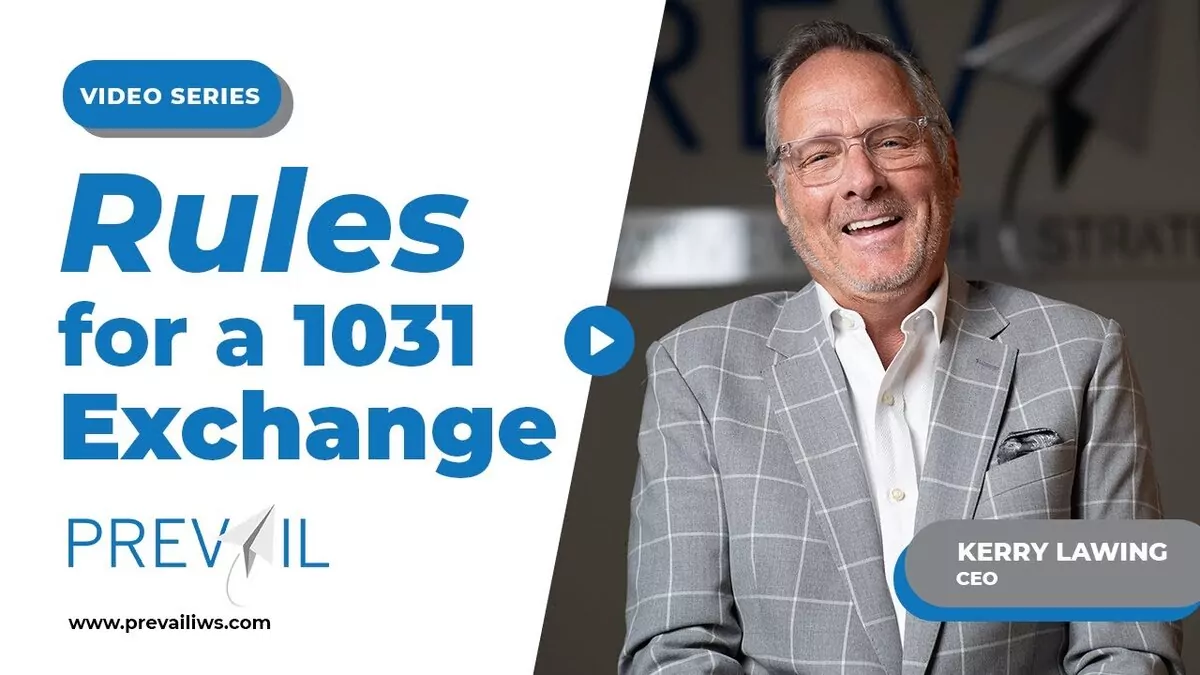In the constantly evolving realm of real estate investment, understanding what the rules are for doing a 1031 exchange has become pivotal for savvy investors seeking to strategically diversify and safeguard their assets. Section 1031, a notable provision by the IRS, offers a viable path for investors to shift gains and reinvest into varied properties without an immediate tax imposition.
This guide sheds light on the intricate processes, benefits, and considerations related to 1031 exchanges, aiming to assist you in navigating through your investment journey with optimal fiscal efficacy.
Understanding IRS Section 1031
Section 1031 of the IRS code allows individuals under certain conditions to harness the value of their investment and reallocate it to other properties. It’s not merely a tool to avoid taxes but a strategic approach for those who feel overexposed with a single property and wish to diversify their investment without bearing a hefty tax burden on the gains made.
Benefits of 1031 Exchanges
A 1031 exchange enables investors to sell a property and reinvest the proceeds into a new one without immediately incurring a capital gains tax. The crucial component is employing an intermediary to ensure the process adheres to tax regulations.
The fundamental advantage here is allowing investors to utilize the full dollar value from the sale to be reinvested, thereby optimizing the potential of their investment portfolio. Furthermore, it assists investors in avoiding having their capital concentrated in a single or just a few assets, allowing for more balanced and risk-mitigated investment strategies.
How to Implement a 1031 Exchange
Undertaking a 1031 exchange may seem daunting due to its procedural and legal complexities, but with the right assistance, it’s quite straightforward. Typically, an investor would hire a professional, often a lawyer, to ensure all paperwork and processes are executed accurately.
The funds from the sale are transferred, tax-deferred, into the next investment, maintaining the initial tax treatment and allowing the full investment amount to continue working for the investor. The simplicity of the process once understood and implemented correctly can offer significant financial benefits.
Alternatives to 1031 Exchanges
An alternative to utilizing a 1031 exchange would be to sell the property, pay the capital gains tax, and then reinvest the remaining funds into the next venture. This approach might be suitable for some investors, depending on their financial situation and investment strategy. Nonetheless, for those looking to maximize their investment capital and defer tax payments, a 1031 exchange often prevails as a preferable strategy.
Identifying Suitable Properties for 1031 Exchanges
Choosing properties to participate in a 1031 exchange requires strategic consideration and alignment with the investor’s financial goals and risk tolerance. Whether it’s multifamily, commercial, or other types of real estate, identifying properties that align with the individual’s or entity’s investment strategy while also adhering to the stipulations of a 1031 exchange, such as timeframes for identification and purchase, is paramount.
Considerations for 1031 Exchanges
While anyone can leverage a 1031 exchange, it is vital to evaluate the associated costs and ensure that the gains from the investment make the process financially worthwhile. Investors must weigh the benefits of tax deferment and investment continuation against any costs incurred during the exchange process. Moreover, engaging with transactions and platforms that accept 1031 exchange funds, as the discussed transactions do, is a critical element in ensuring a smooth exchange process.
Conclusion
In wrapping up, it’s imperative to realize that while 1031 exchanges offer a pathway to optimize and protect your investments, each situation is unique and warrants thorough consideration and potentially, expert advice. Ensuring that you have comprehended all the rules for doing a 1031 exchange, evaluating its relevance to your specific scenario, and implementing it correctly can pave the way for a more efficient and prosperous investment journey.
For any inquiries or additional information regarding 1031 exchanges and suitable investment opportunities, please do not hesitate to contact us for assistance.

















